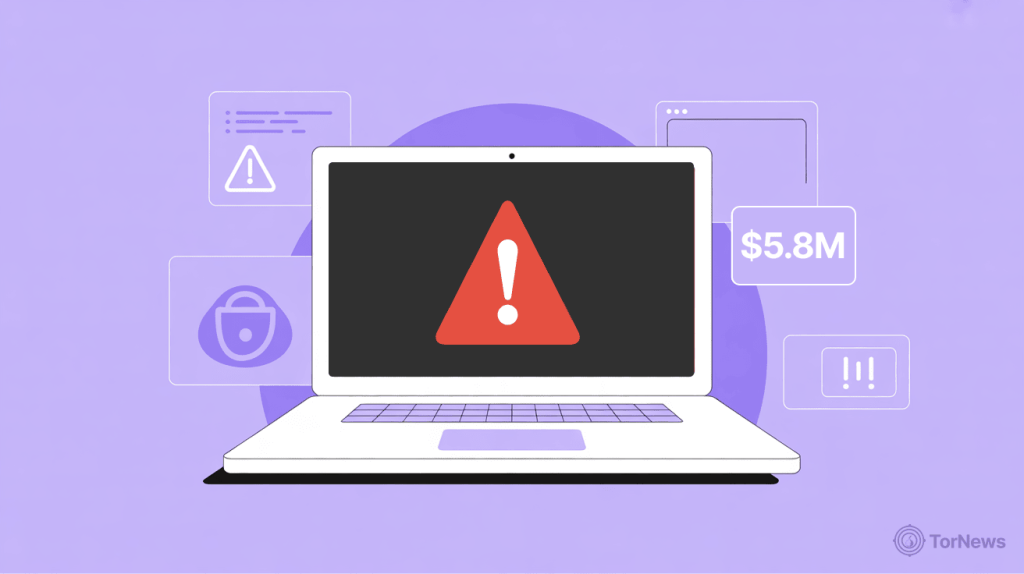-
A landmark court case has resulted in the first-ever civil penalty under Australia’s Privacy Act.
-
This ruling really shines a light on just how exposed companies can be when they merge.
-
The fine would have been way bigger had the new laws already been in place, suggesting a new era of enforcement.

The Federal Court of Australia just made a multi-million-dollar statement. It fined Australian Clinical Labs Limited (ACL) $5.8 million for a major privacy failure.
This case is a first-of-its-kind civil penalty. It serves as a serious wake-up call for any company involved in mergers or acquisitions.
The Court’s Decision and the Costly Missteps
The trouble started when ACL bought the assets of another pathology company, Medlab, in late 2021. This purchase included Medlab’s outdated and vulnerable IT systems. Just two months later, a ransomware group called “Quantum” struck and stole a massive 86 gigabytes of sensitive patient data. The information of over 223,000 people was later published on the dark web.
The court found ACL responsible on three key fronts. First, it failed to protect the personal information it inherited. ACL did not take reasonable steps to secure Medlab’s weak systems after the acquisition.
Second, after the cyberattack happened, ACL did not properly assess the situation. It dragged its feet on figuring out if a serious data breach had occurred. Finally, once it was clear that a major breach had happened, ACL failed to notify the privacy commissioner quickly.
The $5.8 million penalty breaks down like this:
- $4.2 million for the failure to protect personal data.
- $800,000 for not carrying out a proper assessment of the breach.
- $800,000 for the delay in notifying the authorities.
The court slapped on an additional $400,000 to cover legal costs. This shows how comprehensively ACL lost the case.
Crucial Lessons for the M&A World
Honestly, this is the classic handbook of “what not to do” during a merger. ACL inherited a mess. Medlab’s IT systems had servers that were years out of date. They also used weak passwords and had poor antivirus protection. ACL’s own due diligence before the purchase failed to spot these glaring issues.
The company had a plan to fix the systems. But the cyberattack happened just two months after the deal closed. The integration plan was too slow. The court also noted ACL relied too heavily on an external cybersecurity provider. It lacked its own internal expertise and incident response training.
The message from the court is crystal clear. The moment a deal is signed, the buyer owns all the problems. This includes responsibility for protecting any personal data on the acquired company’s servers. You cannot blame the previous owner for weak security after you take the keys.
How to Protect Your Next Deal
This case offers a way out of similar disasters. Put cybersecurity right at the top of your checklist when you’re doing due diligence. Dig deep into the other company’s IT setup and ask about their security track record—don’t just take their word for it. Running a Privacy Impact Assessment before and after the deal? That’s just being smart.
Legal teams have to push for strong warranties and indemnities in every contract. That’s your safety net if the seller’s hiding something nasty. Immediately after closing, the new owner must audit and secure all inherited IT systems. And don’t just trust that everything is fine. Treat the new company like it’s vulnerable until you see proof otherwise.
One more thing: as an organization, stop leaning so much on outside vendors for your critical security. Create your own strong team and ensure there are solid incident response processes in place. Learn to spot breaches faster (within 30 days) and let relevant authorities know right away. This will help keep you out of deeper trouble.
This landmark penalty is a powerful reminder. In today’s world, privacy failures are not just a reputation risk. They carry a massive and direct financial cost.